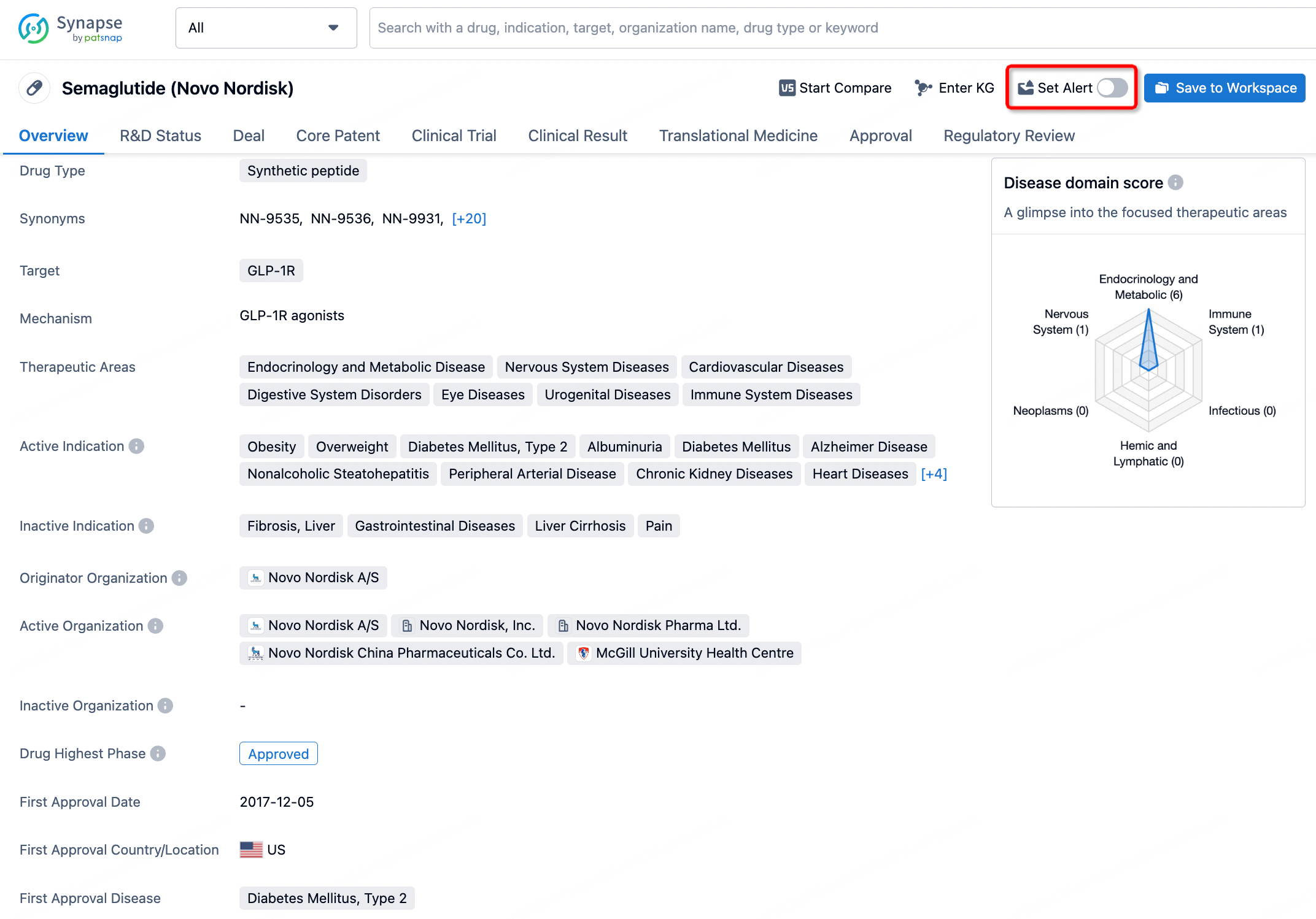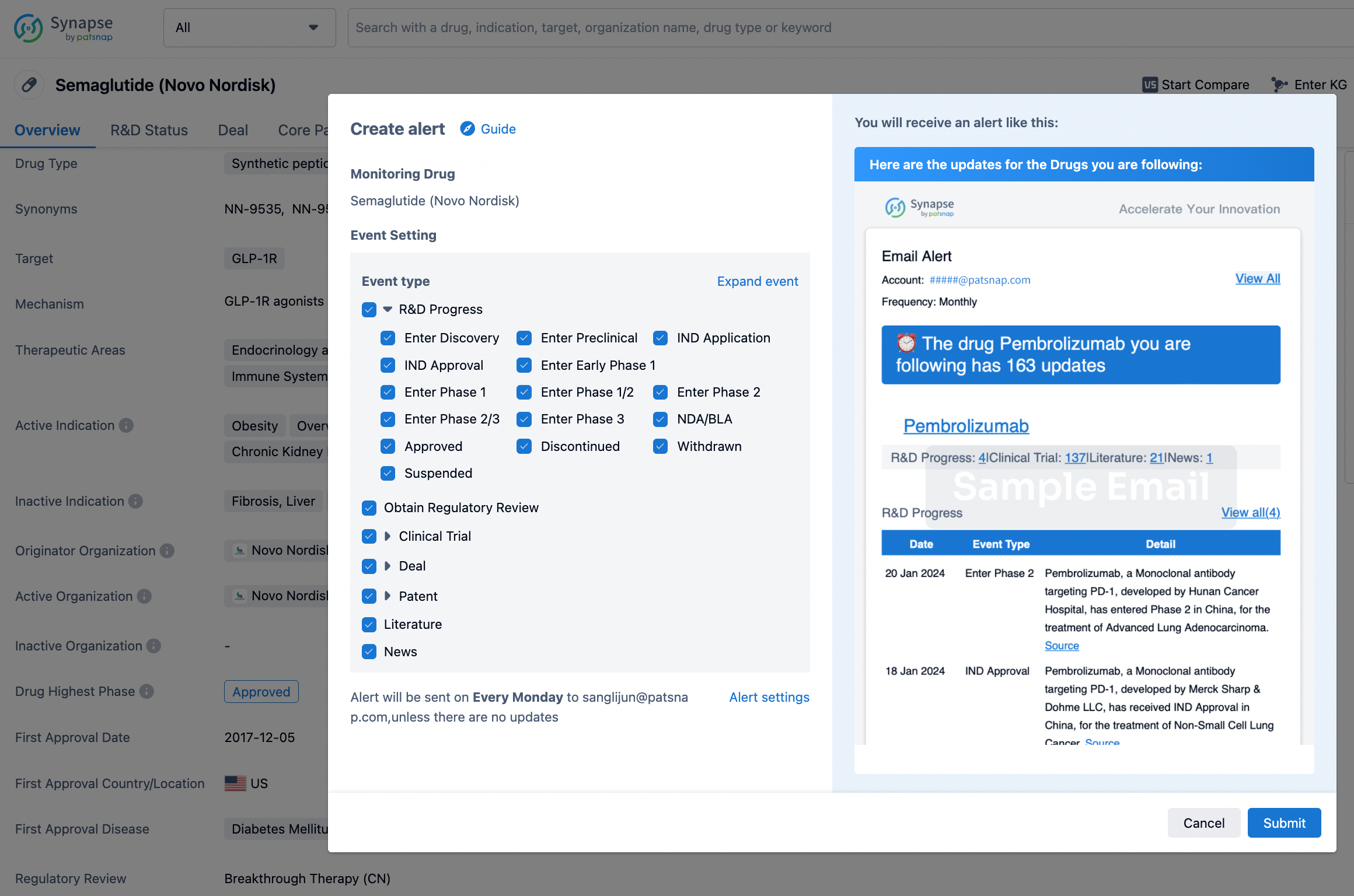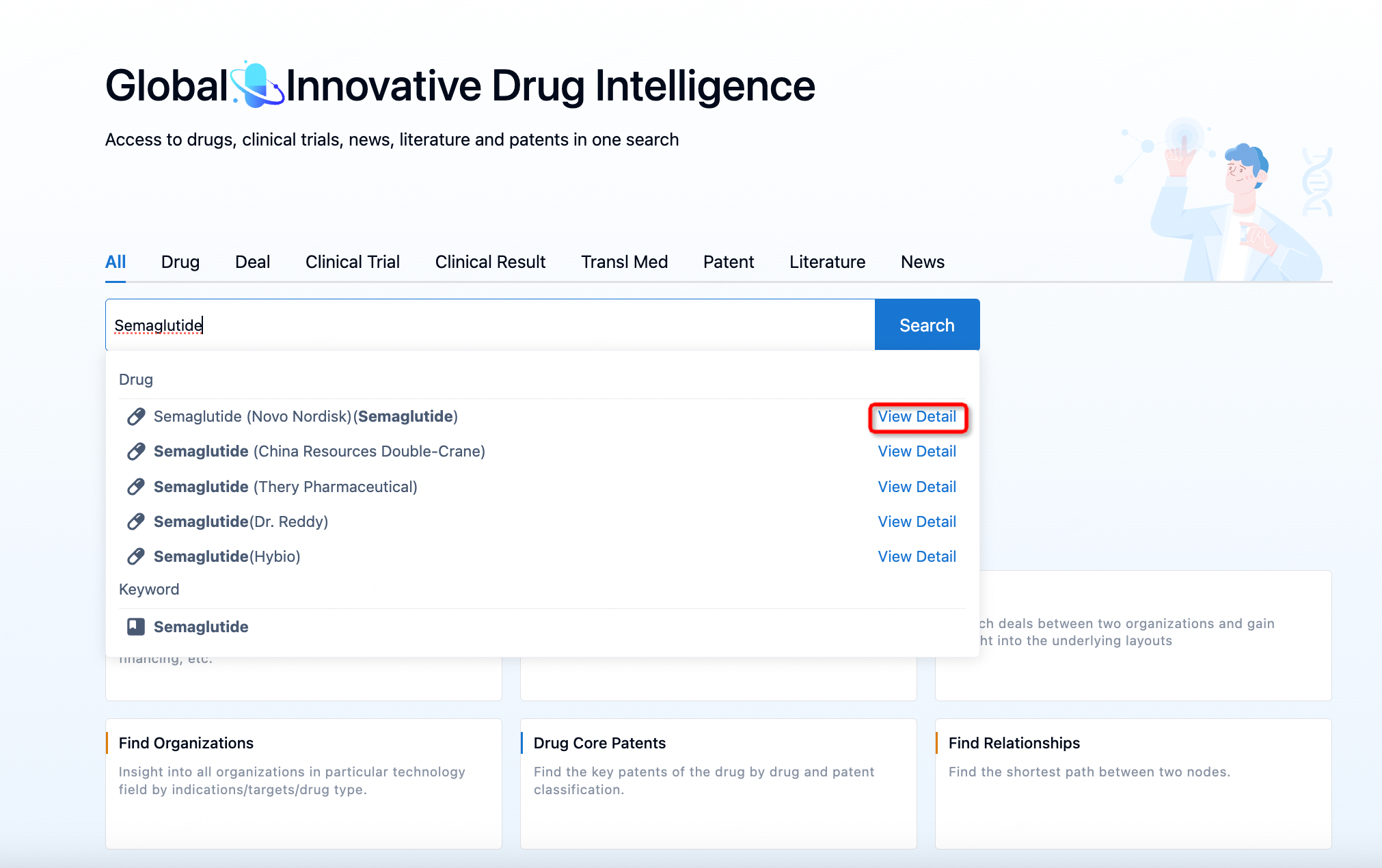What Does Avibactam / Ceftazidime Do?
Avibactam / Ceftazidime, commercially known as Avycaz, is an antibiotic combination developed by AstraZeneca. This medication is specifically engineered to target and combat gram-negative bacteria, including those that are multi-drug resistant. Avycaz is a combination of ceftazidime, a third-generation cephalosporin with broad-spectrum activity against gram-negative bacteria, and avibactam, a beta-lactamase inhibitor that protects ceftazidime from bacterial resistance mechanisms. The drug is used to treat a variety of serious bacterial infections, such as complicated intra-abdominal infections, complicated urinary tract infections (including pyelonephritis), and hospital-acquired bacterial pneumonia and ventilator-associated bacterial pneumonia. It is important to note that Avycaz is not suitable for patients under 3 months of age.
Mechanism of Action of Avibactam / Ceftazidime
The mechanism of action of Avycaz involves a synergistic effect between its two components. Ceftazidime is a well-established antibiotic that works by inhibiting bacterial cell wall synthesis, leading to bacterial cell death. However, many bacteria produce enzymes called beta-lactamases that can inactivate ceftazidime. Avibactam is a beta-lactamase inhibitor that prevents this inactivation, allowing ceftazidime to remain active and effective against the bacteria. This dual-action approach is particularly useful in treating infections caused by bacteria that have developed resistance to standard antibiotic treatments.
How to Use Avibactam / Ceftazidime
Avycaz is administered intravenously (IV) and should be given over a period of 2 hours. For adults, the usual dose is 2.5 grams every 8 hours. In the case of complicated intra-abdominal infections, metronidazole should be used concurrently with Avycaz. The duration of therapy typically ranges from 5 to 14 days, depending on the infection being treated. For pediatric patients aged 3 months to 18 years, the dosage is adjusted based on body weight, with a maximum dose of 2.5 grams per dose. It is crucial to follow the preparation and administration guidelines provided by the healthcare provider to ensure the safe and effective use of Avycaz.
Side Effects of Avibactam / Ceftazidime
As with any medication, Avycaz can cause side effects. Common side effects may include nausea, vomiting, diarrhea, and headache. More serious side effects can occur, such as allergic reactions, seizures, increased liver function tests, and central nervous system effects like encephalopathy, myoclonus, and seizures. Patients should be advised to seek medical attention if they experience severe watery or bloody diarrhea, neurological signs, or symptoms of an allergic reaction.
Drug Interactions with Avibactam / Ceftazidime
Avycaz should not be co-administered with other drugs through the same IV line unless compatibility has been established. Compatible drugs for use with Avycaz include daptomycin, dexmedetomidine, dopamine, furosemide, gentamicin, and several others. However, the highest recommended concentration of Avycaz should not be used during co-administration with other drugs through the same IV line. It is essential to consult with a healthcare provider to discuss all medications and supplements being taken to avoid potential interactions.
In conclusion, Avibactam / Ceftazidime, or Avycaz, offers a potent treatment option for serious bacterial infections, particularly those resistant to conventional antibiotics. Its use should be carefully considered and monitored by healthcare professionals to ensure efficacy and patient safety. Patients should be educated on the potential side effects and the importance of adhering to the prescribed treatment regimen.
How to obtain the latest development progress of all drugs?
In the Synapse database, you can keep abreast of the latest research and development advances of all drugs anywhere and anytime, daily or weekly, through the "Set Alert" function. Click on the image below to embark on a brand new journey of drug discovery!







